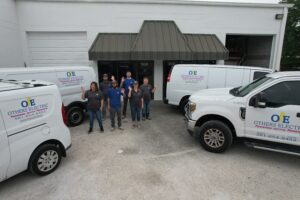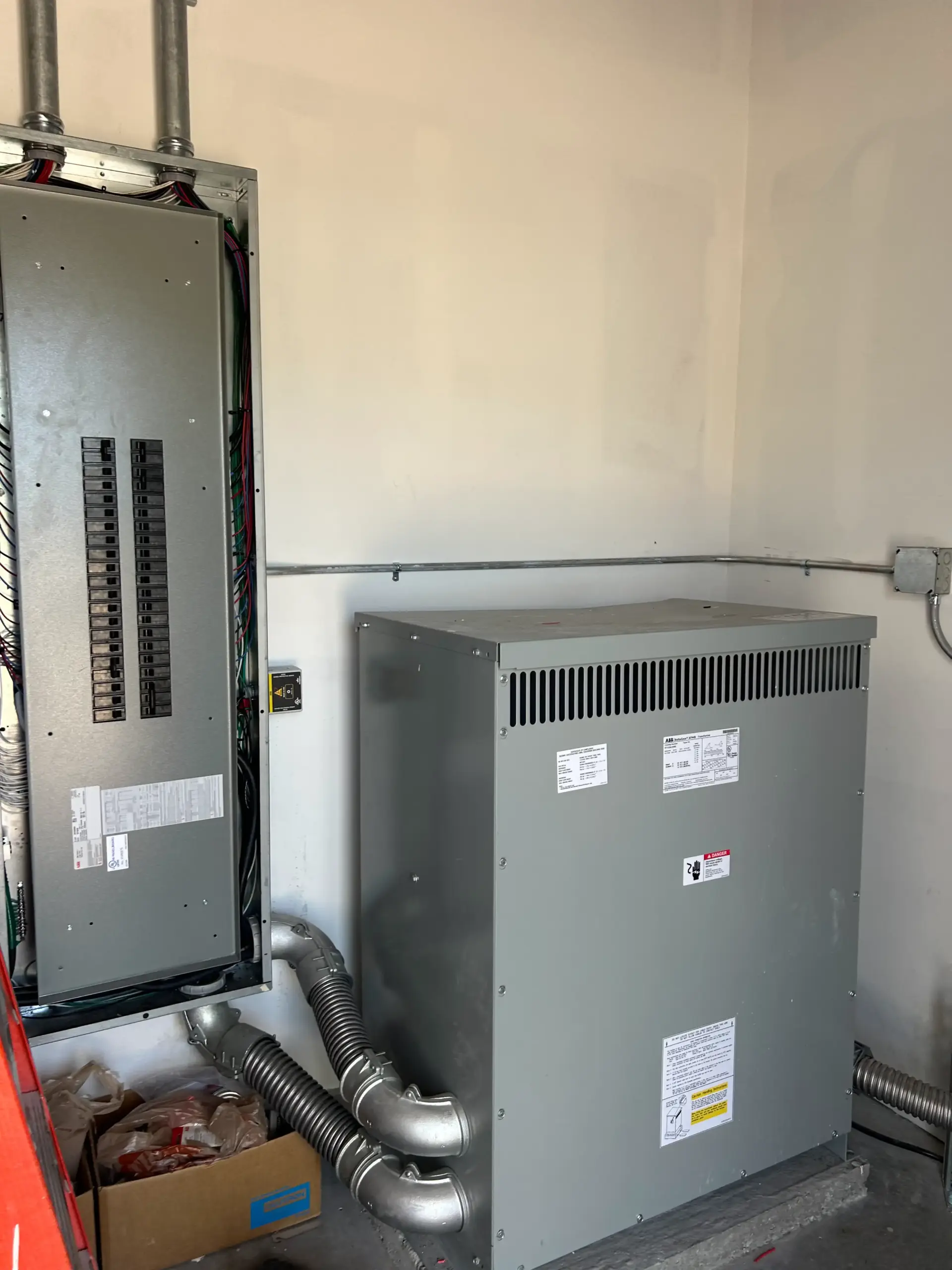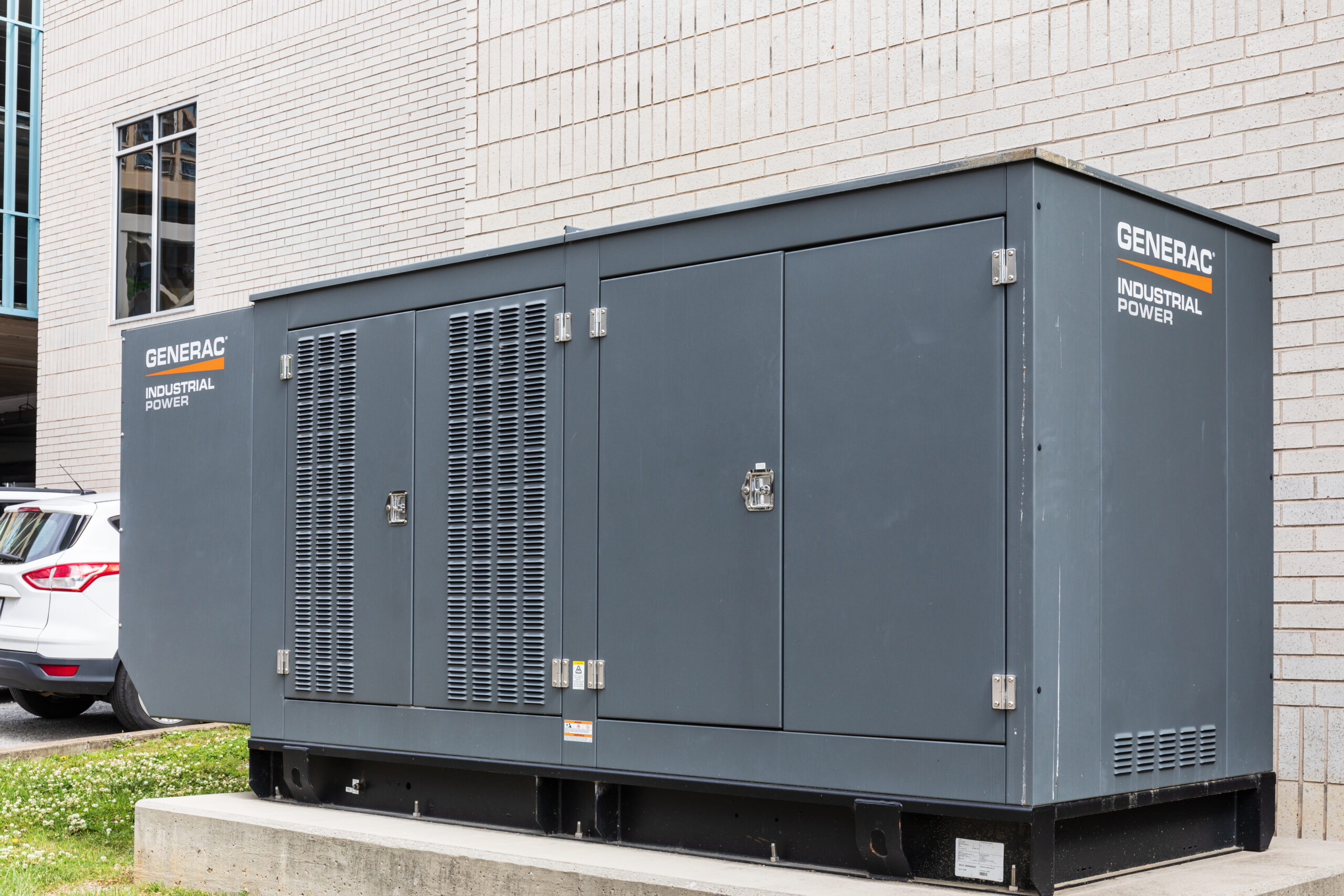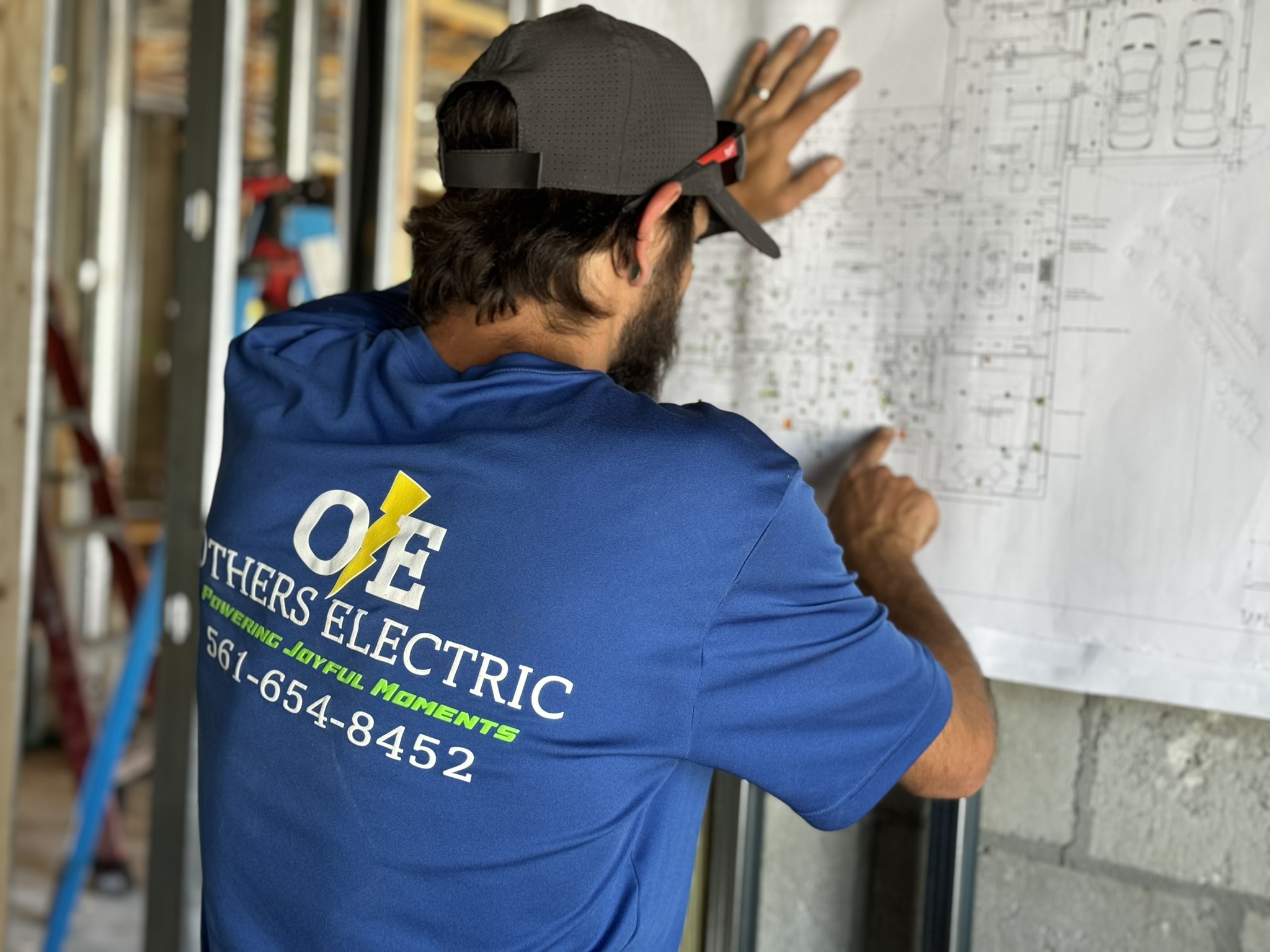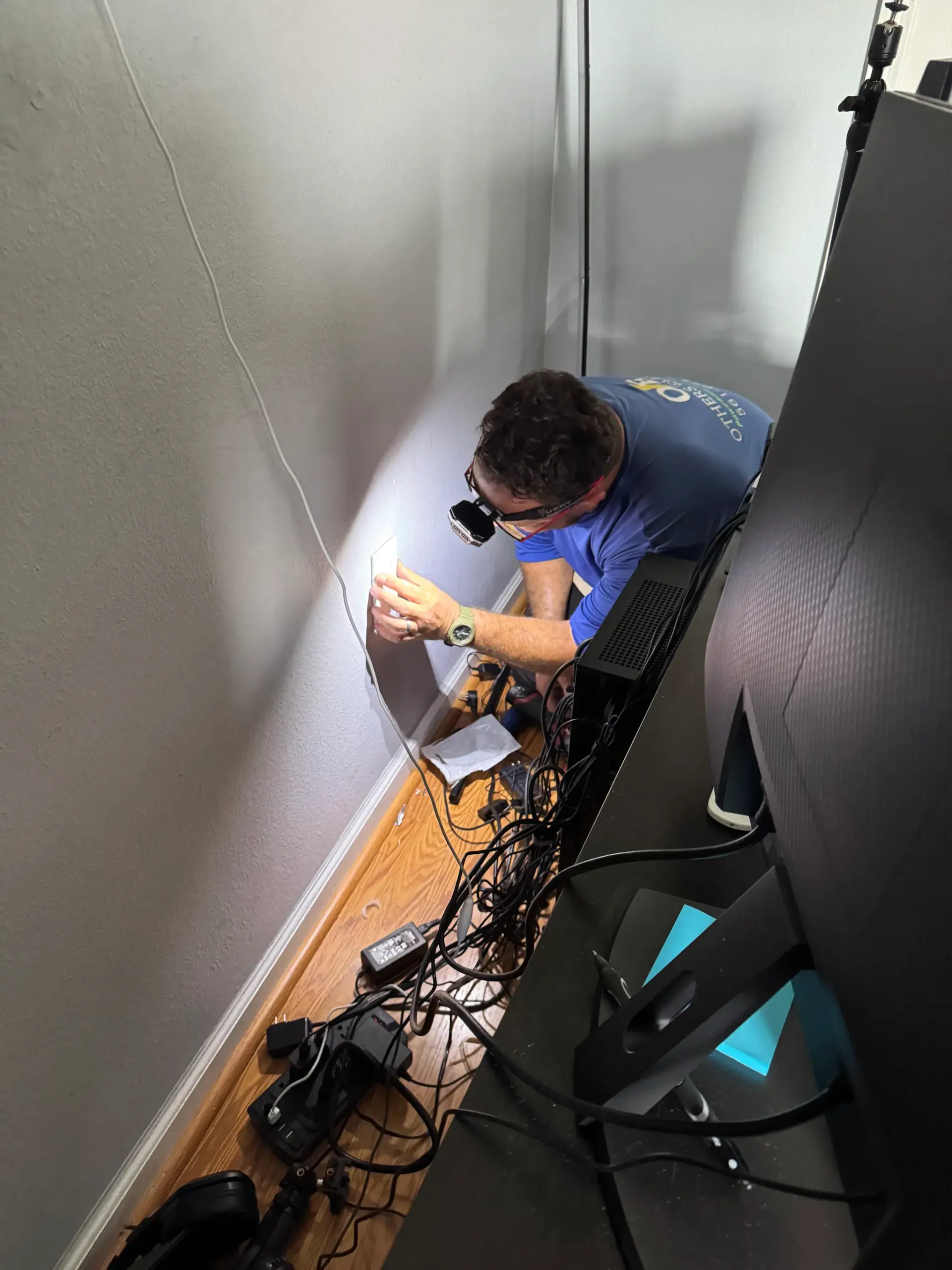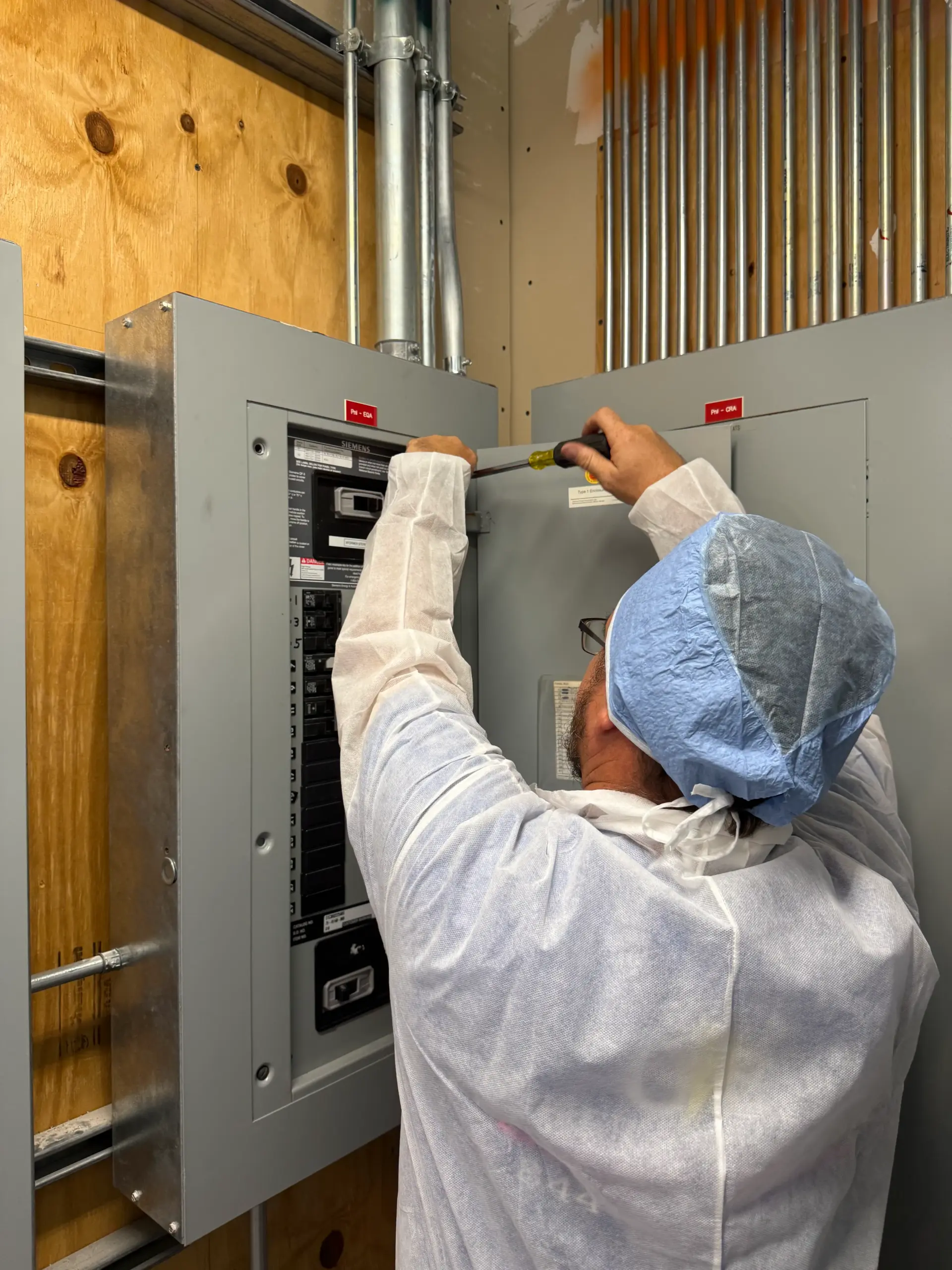Generators have become indispensable for Florida homeowners and businesses, particularly in storm-prone regions along the East Coast. From hurricanes to sudden outages caused by lightning or grid failures, generators act as a crucial backup for keeping the lights on and essential systems running. But one major safety question continues to stir concern and confusion: can a generator run in the rain?
This concern is especially relevant in Florida where inclement weather often coincides with the need to operate backup power systems. Rainy conditions are almost guaranteed during hurricane season, and storms frequently knock out power when visibility is poor and weather is hostile. So, the dilemma is clear—if the weather is bad enough to require a generator, is it safe to run one in the same conditions?
In this article, we’ll answer that question with detailed insights into how generators function, what risks are associated with rain exposure, and how to ensure your generator is both safe and ready when you need it most.
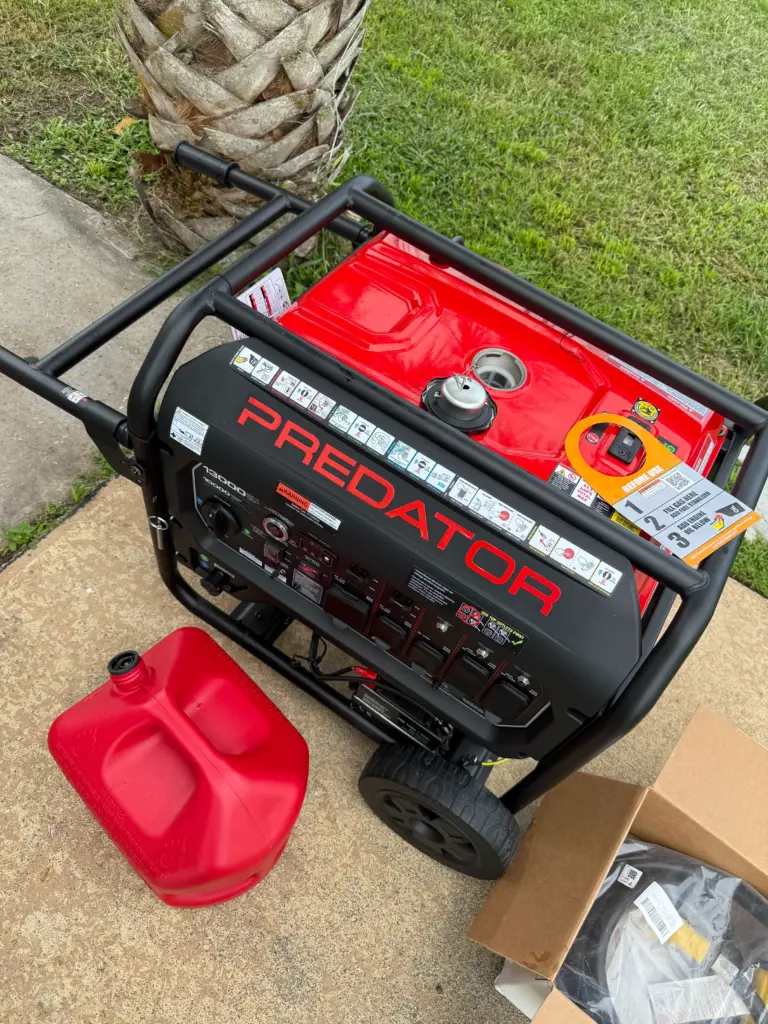
The Risk of Running a Generator in the Rain
To understand can a generator run in the rain, we need to examine what rain does to electrical equipment. Rain introduces water directly into the generator’s mechanical and electrical systems. This moisture can cause short circuits, which may damage the unit or start a fire. More critically, it introduces a real and present risk of electrocution.
Generators work by converting mechanical energy into electrical energy. The electrical components, especially the alternator, power outlets, wiring, and control panel, are sensitive to water exposure. Even a small amount of rain seeping into these areas can cause failure or dangerous conditions.
According to the Electrical Safety Foundation International (ESFI), improper use of portable generators—especially in wet weather—is a leading cause of generator-related injuries and deaths during natural disasters. The answer to can a generator run in the rain is a resounding no—unless it is adequately protected.
What Happens If You Run a Generator in the Rain?
Operating a generator in the rain without protection can cause immediate and long-term problems. When water enters the generator’s housing, it can lead to short-circuiting, potentially damaging internal components or even resulting in an electrical fire. Any appliances or devices connected to a rain-exposed generator could experience power surges, leading to further damage. People operating the generator or even nearby may be at risk for electrical shocks if the casing or cords are wet. Over time, even minor exposure can result in corrosion, reducing the generator’s lifespan. In extreme scenarios, electrical malfunctions may trigger explosions or fires.
Running your generator in the rain is not just a bad idea—it violates safety standards recommended by equipment manufacturers and electrical safety agencies. Most generator user manuals clearly state that the unit should only be operated in dry conditions or under shelter.
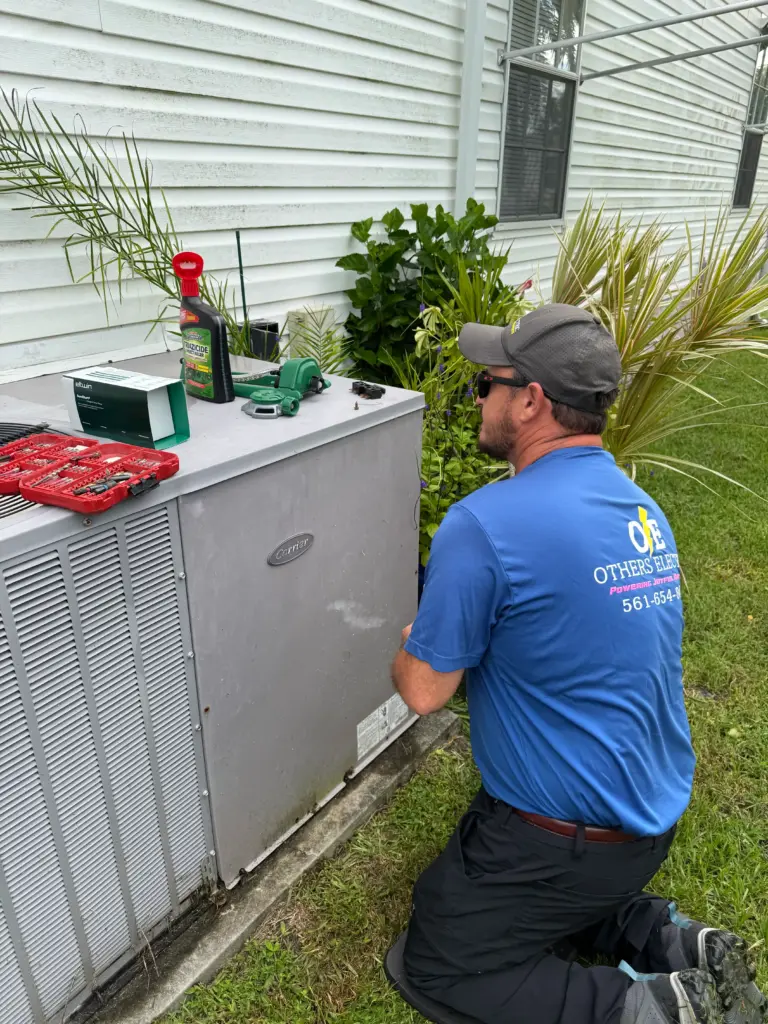
Why Is This a Common Concern in Florida?
Florida’s geography makes this issue especially pressing. Along the state’s East Coast, thunderstorms, tropical storms, and hurricanes are frequent occurrences, often bringing high winds and heavy rain. Residents depend on generators during these events, but also face the challenge of operating them outdoors where weather exposure is a concern.
Unfortunately, many homeowners don’t have permanent generator enclosures, and portable units are often set up on patios, driveways, or lawns. If there’s no overhead protection, the question can a generator run in the rain becomes urgent. Improvising with a tarp or placing the generator under an awning may not be enough. Worse, it could trap exhaust gases or create condensation that drips into sensitive components.
Proper Ways to Use a Generator in the Rain
So, can a generator run in the rain safely with precautions? The answer depends entirely on how well you protect the equipment. The National Electrical Code (NEC) and manufacturers recommend that generators be operated only in conditions where water cannot enter the housing or interact with any electrical parts.
To run a generator safely in the rain, you need a properly designed and installed generator cover or enclosure. These protective structures are often made from weather-resistant materials such as treated plastics or coated metals and are constructed to keep the unit dry while allowing sufficient airflow. Generator tents or canopies that are ventilated and waterproof offer another practical solution. Some homeowners choose to build custom sheds, provided that they are ventilated and properly placed to direct exhaust safely away from living spaces. No matter which approach is used, the design must allow for proper ventilation, effective exhaust direction, and total protection of outlets, control panels, and other vulnerable areas from moisture.
Planning ahead with the right shelter ensures that your generator operates safely and effectively during even the worst storms.
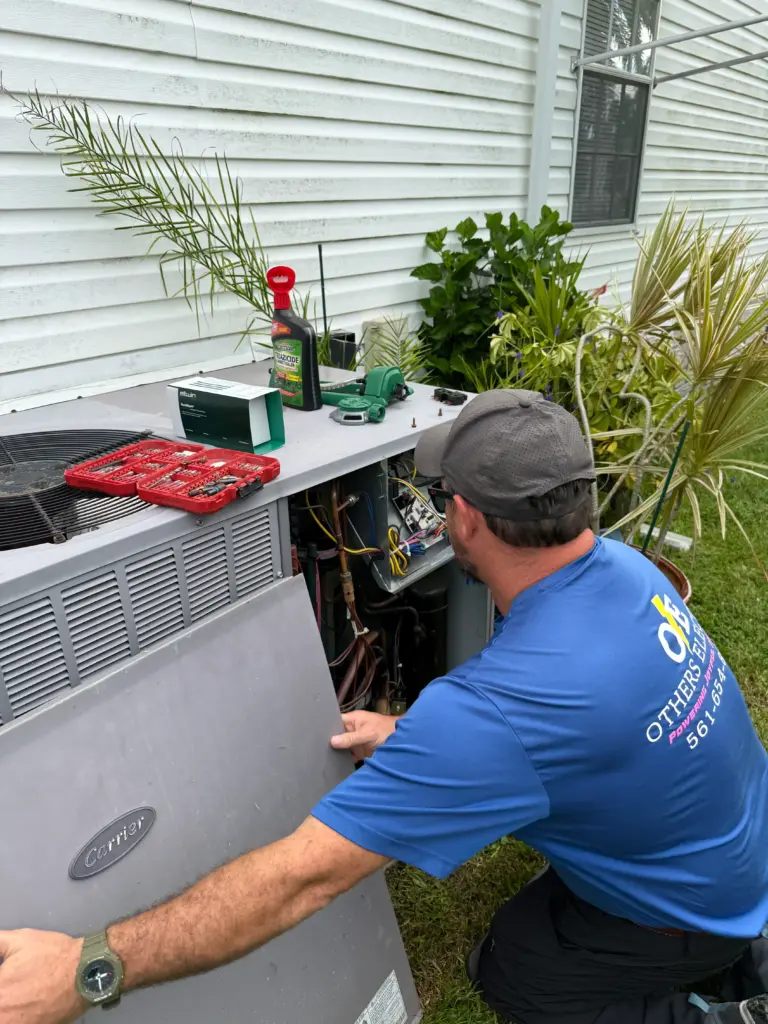
Can Standby Generators Run in the Rain?
A common distinction needs to be made between portable generators and permanently installed standby generators. These larger systems are professionally installed and often come with built-in weatherproof housing designed to withstand rain and other elements.
If you’re asking can a generator run in the rain and you’re referring to a standby generator, the answer is typically yes—as long as the unit is properly installed, ventilated, and maintained. These units are designed to activate automatically during a power outage and are usually placed on raised concrete pads to avoid flooding.
That said, even standby generators require occasional checks and maintenance to ensure seals are intact and no water intrusion has occurred. Keeping the unit clear of debris, leaves, and pooling water will help prolong its life and performance during critical times.
What to Avoid When Running a Generator in Wet Conditions
Even with protection in place, several mistakes can compromise safety and efficiency. Placing a generator indoors, including inside garages or enclosed sheds, is extremely dangerous and can result in carbon monoxide poisoning. Relying on makeshift tarps or temporary shelters that may collapse or blow away in strong winds offers little to no protection. Plugging appliances directly into a generator that has been exposed to water or moisture increases the risk of electrocution and power surges. Setting up your generator near areas where water drains or splashes, such as beneath gutters or under roof edges, can also lead to unwanted moisture intrusion.
Being mindful of these practices helps you avoid serious hazards while ensuring that your backup power solution remains safe and reliable.
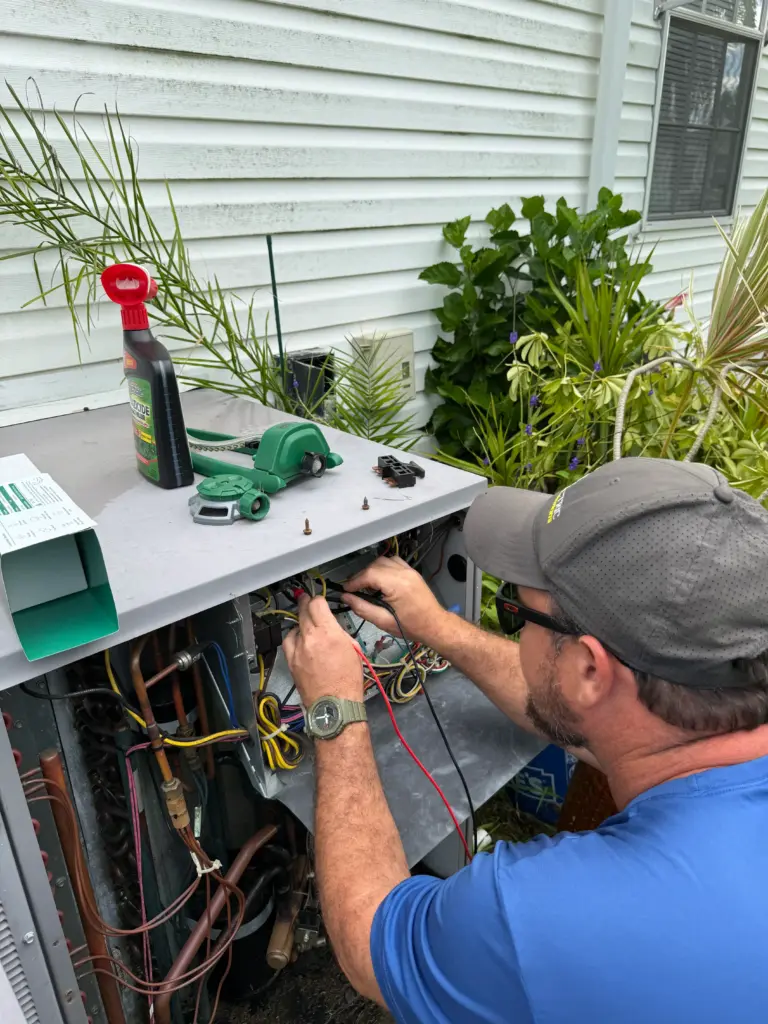
Long-Term Planning for Weather-Resistant Power
If you live in an area like Florida where storms and outages are routine, the question isn’t just can a generator run in the rain, but how can you prepare your generator to run safely in all weather conditions?
This means considering infrastructure upgrades such as installing a concrete pad for better elevation and drainage. Purchasing a ventilated enclosure suited for Florida’s humid and stormy climate offers long-term protection. You may also want to integrate a transfer switch, which allows for smoother and safer transitions between utility power and generator output. Most importantly, working with licensed electricians ensures your entire generator system is compliant with codes and optimized for safe operation.
Generators are powerful machines, and with the right planning, they can be operated safely even in Florida’s worst weather. But that level of safety depends on preparation, not improvisation.
Expert Help for Safe Generator Installations
If you’re still wondering can a generator run in the rain and need help designing a safe and reliable generator setup for your property, it’s time to consult professionals. Others Electric offers full-service electrical support for homes and businesses across Florida’s East Coast.
Our licensed electricians can help you select the right weatherproof housing, install transfer switches, and ensure your generator setup meets all safety and code requirements. Whether you’re planning for hurricane season or just want peace of mind during summer storms, our team is here to make sure your backup power system is dependable, durable, and dry.

